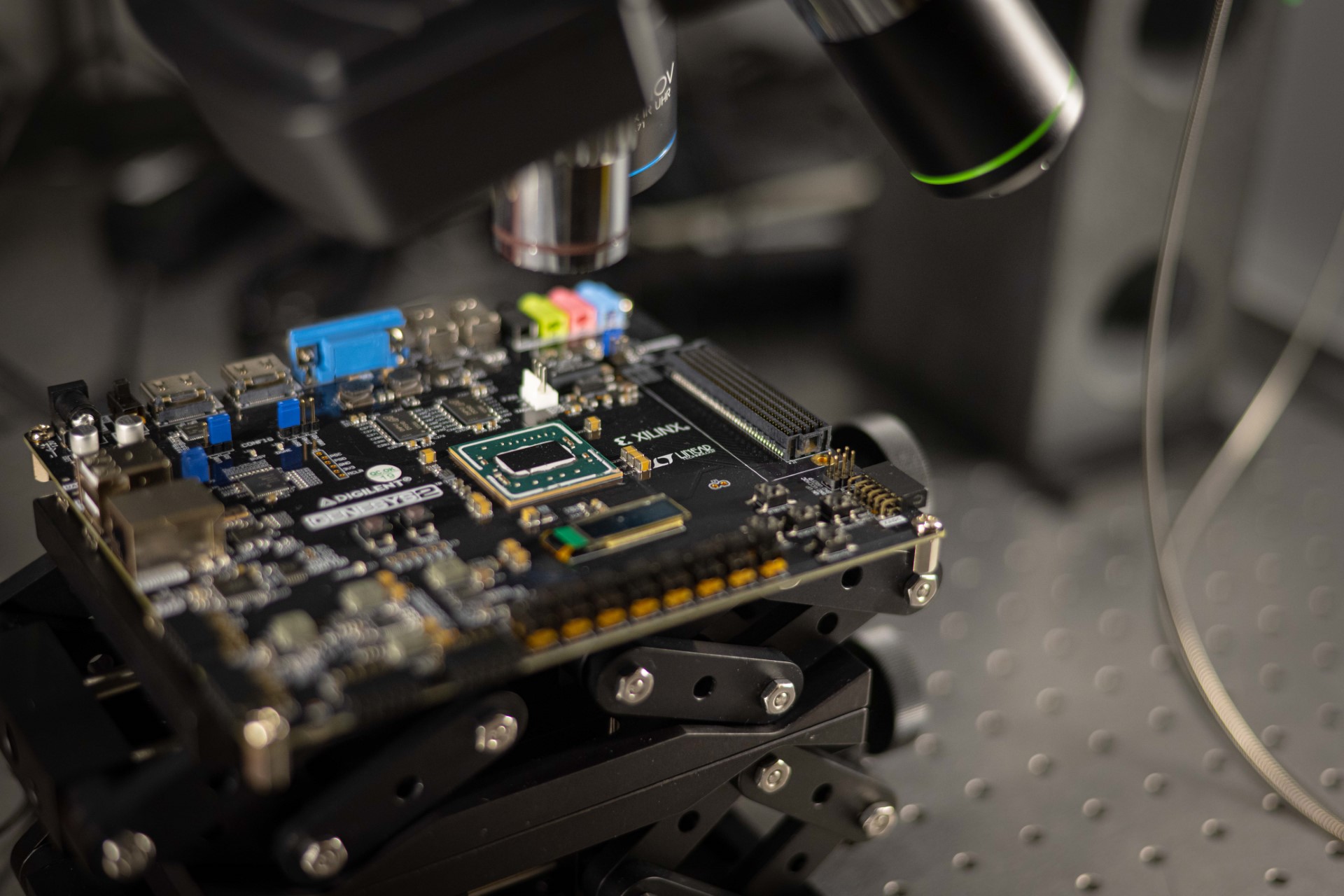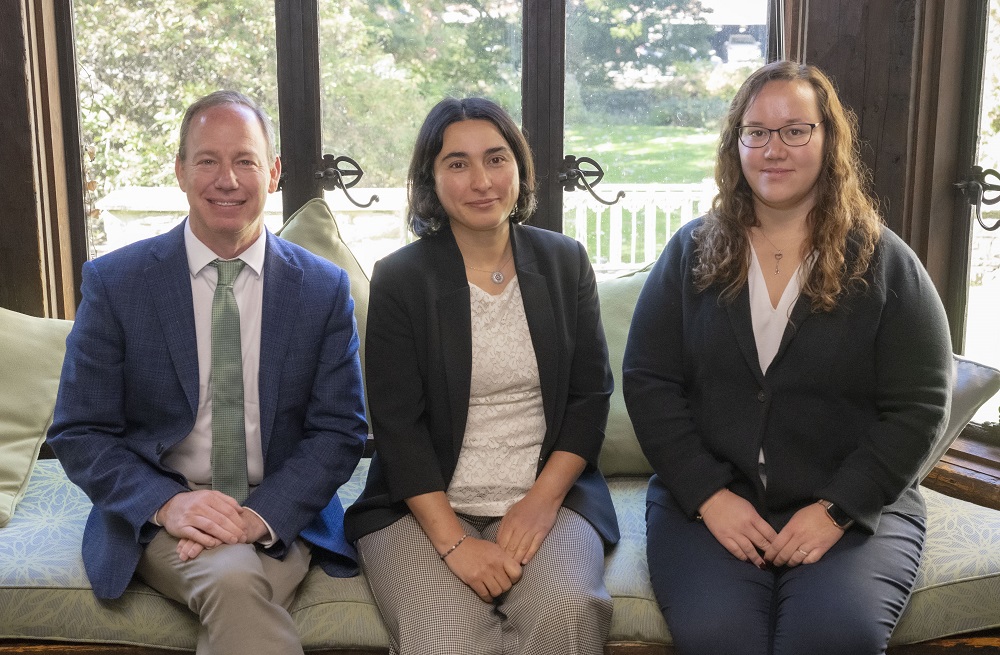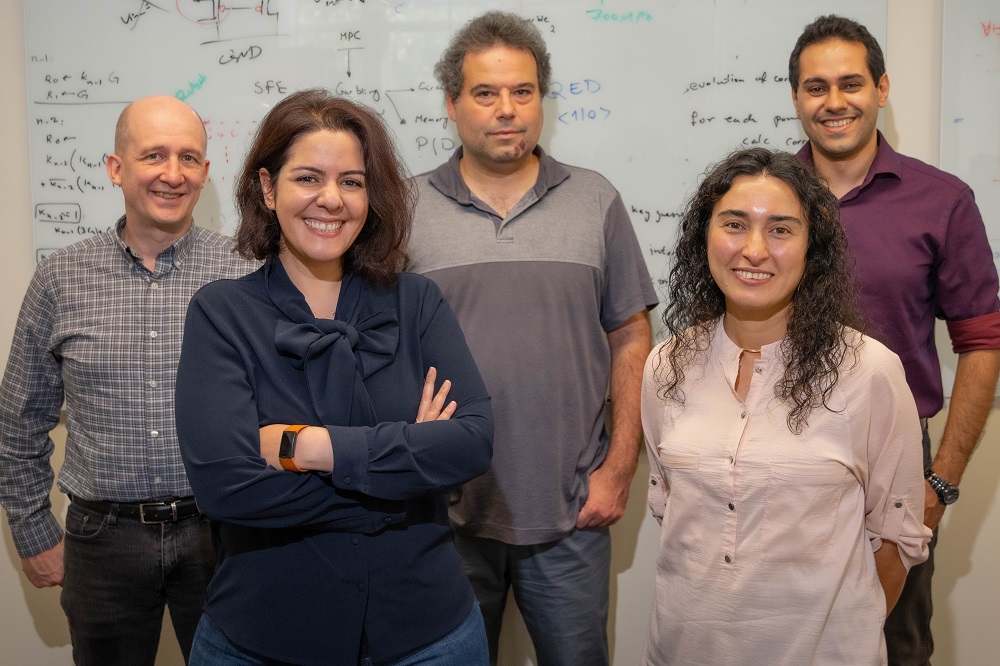Worcester Polytechnic Institute (WPI) researcher Ulkuhan Guler has been awarded a $500,000 CAREER grant by the National Science Foundation (NSF) to develop a wearable non-invasive sensor the size of a small bandage to measure oxygen and carbon dioxide levels in arterial blood, an advance that could improve how doctors monitor the home care of patients with respiratory illnesses.
“Respiratory diseases are a leading cause of death and disability,” said Guler, an assistant professor in the Department of Electrical and Computer Engineering. “Medical providers need technologies to measure and monitor the oxygen and carbon dioxide levels of critically ill patients at home, and a miniaturized sensor worn on the skin could make that possible.”
Currently, clinicians obtain precise molecular measurements of oxygen and carbon dioxide by drawing blood from a patient’s artery, but the process is invasive, and the measurements represent a single moment in time. Blood gas levels also can be measured non-invasively and for extended periods of time, but the process involves tethering a patient to a large piece of equipment. Fingertip oxygen sensors are widely available and non-invasive but do not precisely measure dissolved oxygen in the bloodstream.
Guler will develop LUCO, a luminescence-based carbon dioxide and oxygen-sensing wearable device that will combine custom electronics with gas-sensitive luminescence films to create a flat patch about 1.5 by 4 inches. LUCO will be light and comfortable to wear on the skin. It will measure gas levels related to arterial oxygen and carbon dioxide, and it will be capable of transmitting data in real time to clinicians. Guler will run a pilot study to test the device on 50 healthy adult volunteers.
In addition, Guler will use the grant to expand her mentoring and educational activities. She will recruit undergraduate students to work on projects related to the sensor and electronics design, create networking and professional workshops for underrepresented female students in the semiconductor field, participate in science programs for kindergarten through 12th grade students, re-design an integrated circuits course for undergraduates, and develop a new biomedical device course for graduate students.
The research builds on Guler’s previous work to create a miniaturized oxygen sensor for babies and her research focus on creating secure, smart, and connected technologies for healthcare and other applications.
“The COVID-19 pandemic has illustrated how important it is to accurately assess and monitor respiration, so this technology will represent an impactful advance,” Guler said. “I hope it will help clinicians study and treat novel and long-standing respiratory diseases to make new medical discoveries and improve human health.”





